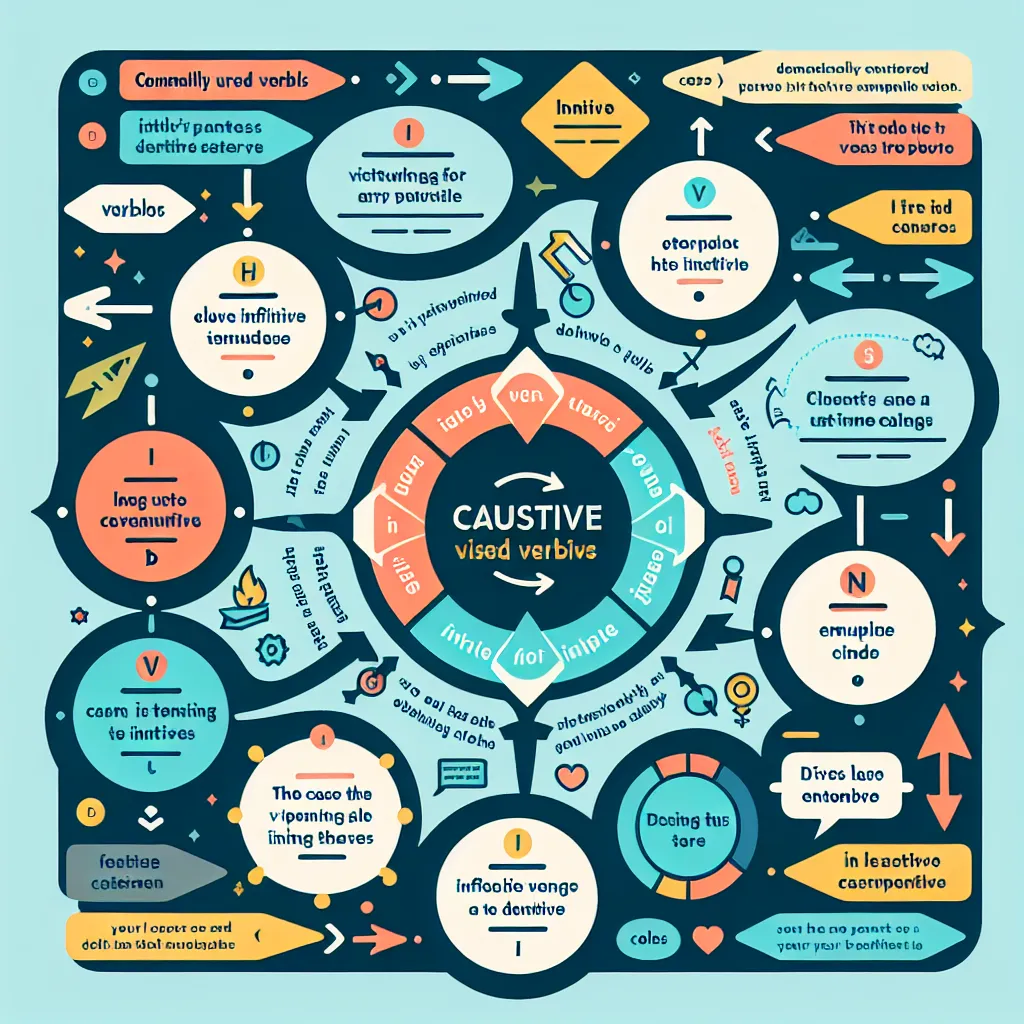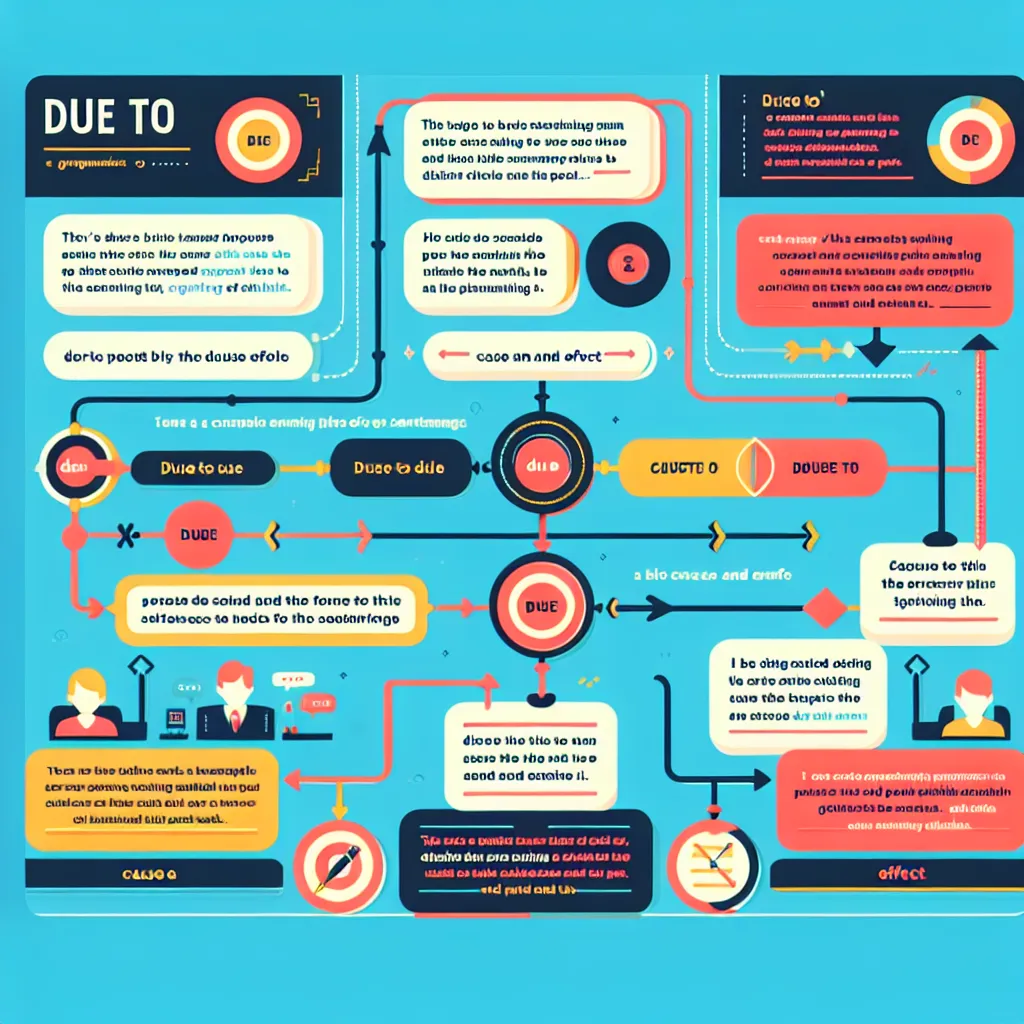Causative verbs followed by infinitive are an essential grammatical structure that frequently appears in IELTS exams. These verbs express the idea of someone or something causing an action to happen. Mastering this structure can significantly enhance your performance across all sections of the IELTS test. Let’s dive into the intricacies of causative verbs followed by infinitive and explore how to effectively use them in your IELTS preparation.
Nội dung bài viết
Understanding Causative Verbs Followed by Infinitive
Causative verbs are used to indicate that a person or thing is causing something to happen. When followed by an infinitive, they create a powerful structure that can elevate your language proficiency in IELTS.
Here are some examples of how causative verbs followed by infinitive might appear in different IELTS sections:
- Writing Task 2: “The government’s new policy caused unemployment rates to decline significantly.”
- Speaking Part 3: “Social media has led people to become more aware of global issues.”
- Reading: “Climate change has forced many species to adapt to new environments.”
- Listening: “The company’s innovative approach helped productivity to increase by 30%.”
- Writing Task 1: “The graph shows how educational reforms enabled literacy rates to rise steadily over the decade.”
 Causative Verbs Infographic
Causative Verbs Infographic
The Grammar and Usage of Causative Verbs with Infinitives
Formula and Structure
The basic structure for causative verbs followed by infinitive is:
Subject + Causative Verb + Object + (to) Infinitive
Common causative verbs include:
- Cause
- Get
- Have
- Make
- Let
- Help
- Allow
- Enable
- Force
- Encourage
It’s important to note that some of these verbs (like ‘make’ and ‘let’) are followed by the bare infinitive (without ‘to’), while others require the full infinitive.
Application in IELTS Writing
In IELTS Writing, using causative verbs followed by infinitive can help you express complex ideas more concisely and effectively. For example:
- Band 6 sentence: “The new law made people change their behavior.”
- Band 7-8 sentence: “The new legislation caused citizens to modify their daily habits significantly.”
The second sentence demonstrates a more sophisticated use of vocabulary and grammar, which is crucial for achieving higher band scores in IELTS Writing.
Enhancing IELTS Speaking Responses
For the Speaking test, incorporating causative verbs with infinitives can make your responses more articulate and impressive. Consider this example:
Examiner: “How has technology affected education in your country?”
Band 6 response: “Technology has changed how students learn. They use computers more now.”
Band 7-8 response: “The integration of technology has enabled students to access a wealth of information instantly, which has led educators to rethink traditional teaching methods.”
The higher band response showcases a more nuanced understanding and better use of complex grammatical structures.
Advanced Usage and Common Mistakes
Passive Causatives
To further enhance your IELTS performance, consider using passive causatives. This structure is particularly useful in Writing Task 1 when describing processes or changes:
“The increase in funding was caused to occur by government initiatives.”
“Renewable energy sources were enabled to expand due to technological advancements.”
Common Errors to Avoid
-
Incorrect verb form after ‘to’:
- Incorrect: “The manager caused the employees to working overtime.”
- Correct: “The manager caused the employees to work overtime.”
-
Confusing verbs that require ‘to’ with those that don’t:
- Incorrect: “The teacher made the students to study harder.”
- Correct: “The teacher made the students study harder.”
-
Overuse of causative verbs:
While these structures are valuable, overusing them can make your language sound unnatural. Aim for a balance with other grammatical structures. -
Incorrect object placement:
- Incorrect: “The new policy caused to increase productivity the workers.”
- Correct: “The new policy caused the workers to increase productivity.”
-
Mixing up similar causative verbs:
- Incorrect: “The government allowed to build new houses in the area.”
- Correct: “The government allowed developers to build new houses in the area.”
Conclusion
Mastering causative verbs followed by infinitive can significantly enhance your IELTS performance across all sections. By understanding the structure, applying it effectively in both writing and speaking, and avoiding common mistakes, you can demonstrate a higher level of English proficiency. Practice incorporating these structures into your responses, and you’ll likely see an improvement in your IELTS scores. Remember to use them judiciously and in conjunction with other advanced grammatical structures for the best results.
To further hone your skills, try creating sentences using causative verbs for various IELTS topics such as environment, education, technology, and social issues. This practice will help you become more comfortable with the structure and ready to use it confidently in your IELTS exam.


